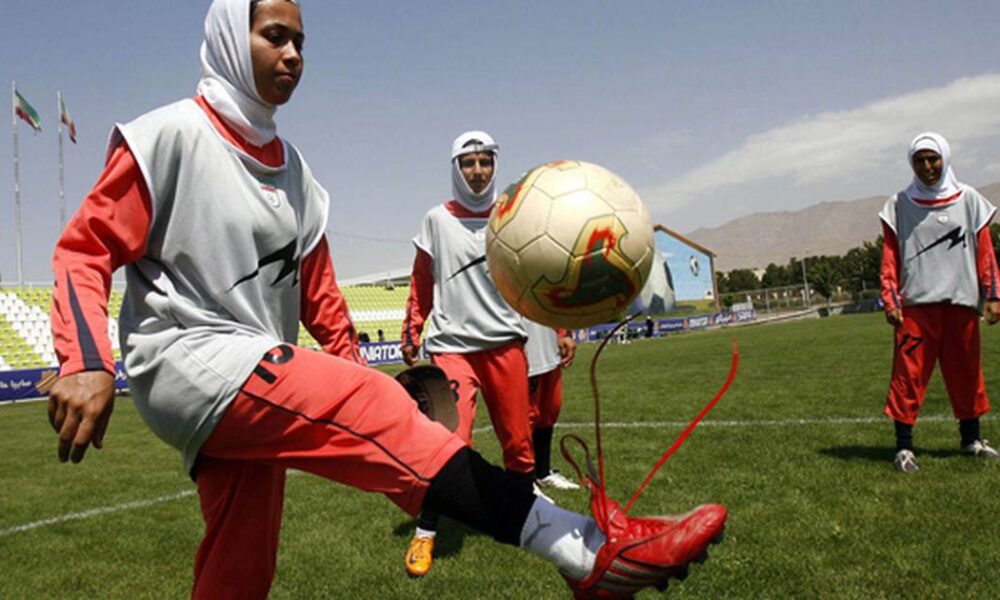football
France’s Highest Court Upholds Ban on Hijab for Women Football Players

In a recent decision, France’s highest administrative court has reaffirmed the ban on women football players wearing Islamic hijab headscarves.
This ruling comes after the issue sparked a heated debate, with some politicians arguing that secularism was being undermined.
While acknowledging that women players are considered users of public services and, therefore, not subject to a duty of “neutrality,” the Constitutional Council maintained that the French Football Federation (FFF) has the authority to establish rules it deems necessary for the smooth running of matches.
The decision highlights the delicate balance between individual religious freedom and the principles of secularism in France.
Critics of the ban argue that it infringes upon the rights of Muslim women to express their religious beliefs and participate fully in the sport they love. They contend that such a restriction is unnecessary and discriminatory, as it singles out a specific religious group.
Proponents of the ban, on the other hand, emphasize the importance of maintaining secularism in public spaces and argue that the hijab may be seen as a religious symbol that goes against the principles of neutrality and equality. They argue that the ban is intended to ensure a level playing field for all participants and to prevent any perception of religious favouritism.
This ruling reignites the ongoing debate surrounding religious attire in sports and raises questions about the boundaries between religious freedom, cultural identity, and the values upheld by French society. It underscores the complexities involved in navigating the intersection of sports, religion, and secularism in a multicultural and diverse society.
As the discussion continues, it is crucial to find a balanced approach that respects both religious freedom and the principles of secularism.
Finding common ground that allows individuals to freely express their beliefs while ensuring inclusivity and equality for all participants remains a significant challenge for sports governing bodies, policymakers, and society as a whole.